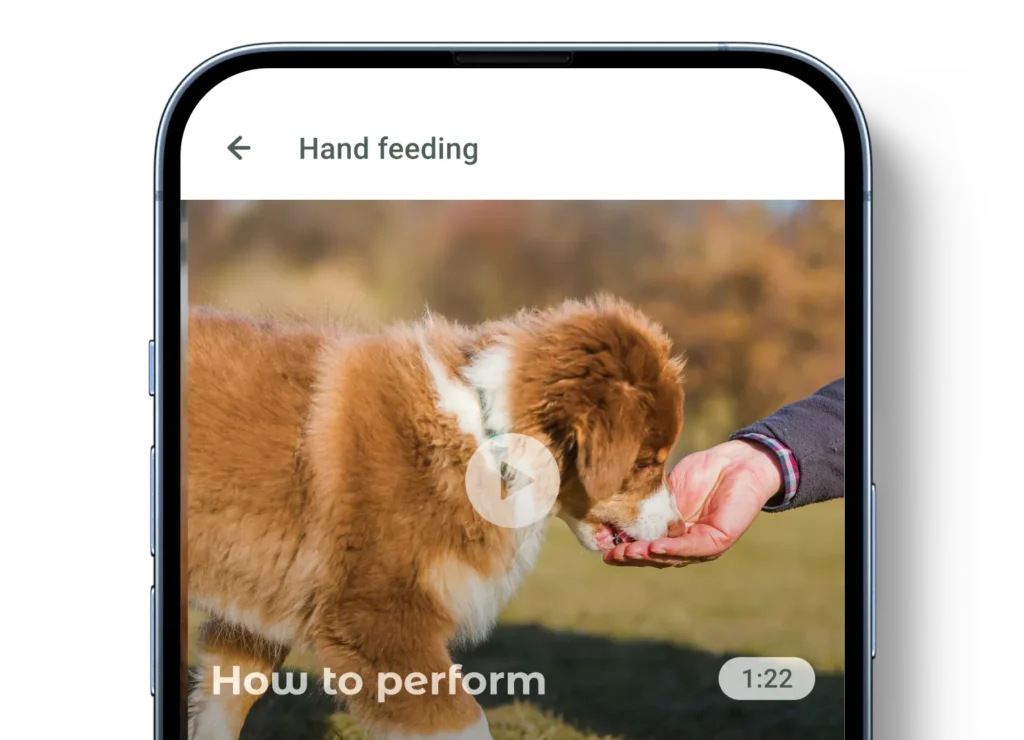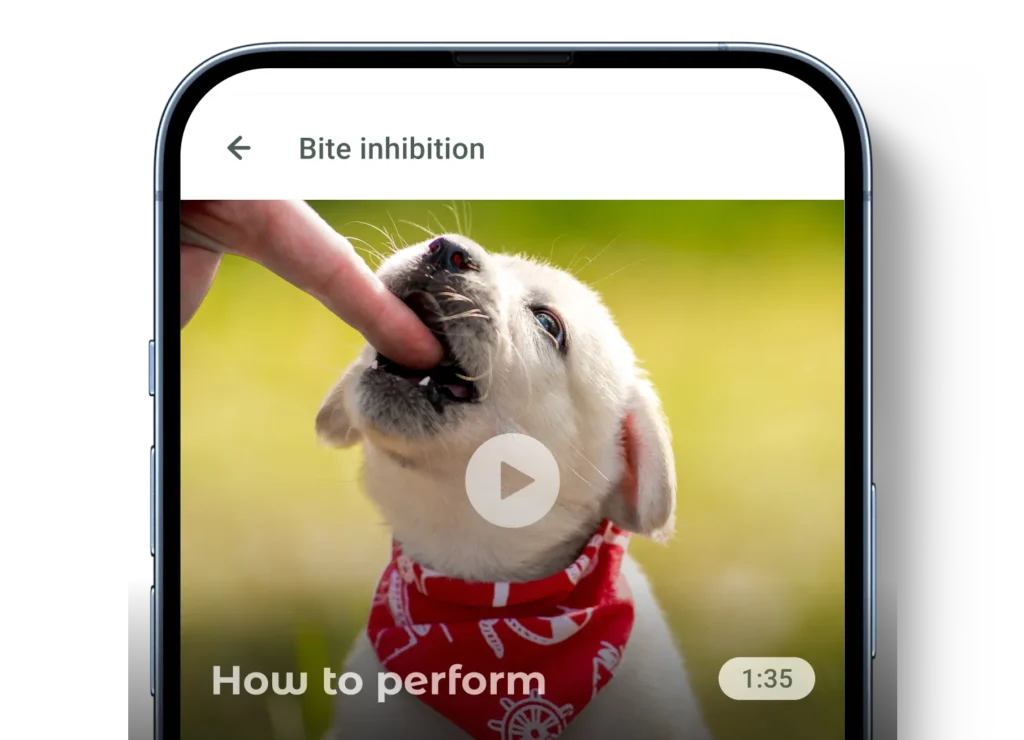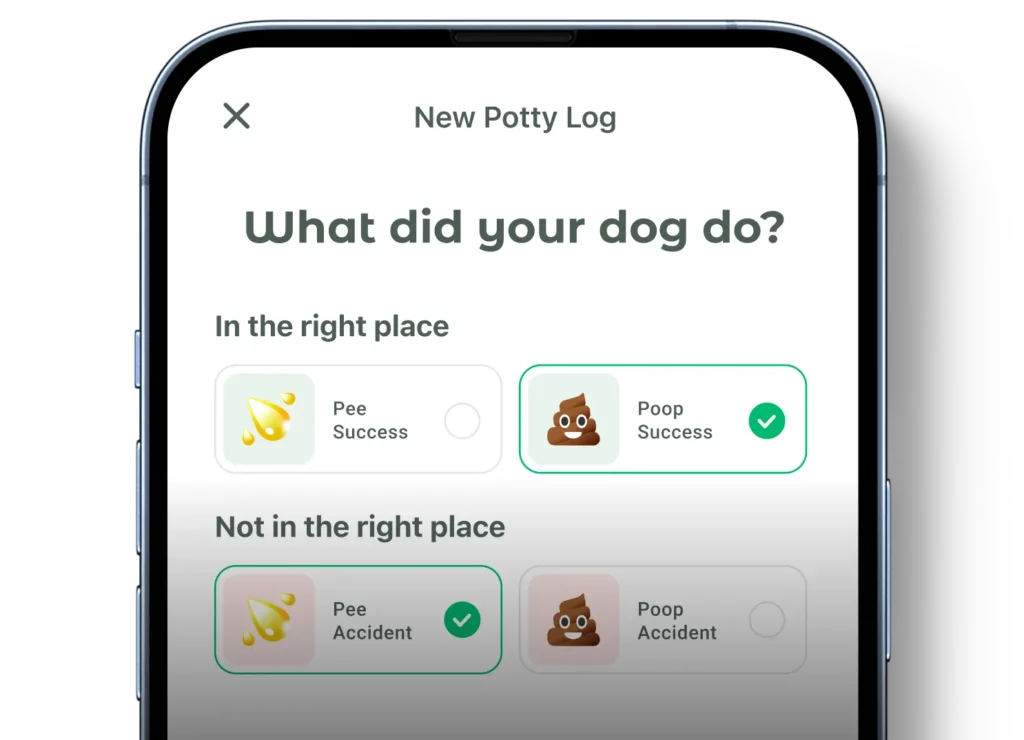Raise a well-behaved and happy dog

Unleash your dog’s potential with Dogo’s tailored training programs, crafted by certified experts.

We are proud to be featured on





Our courses
Crafted by certified experts

New Dog
Set your new dog up for success by teaching them essential skills and manners.

No Biting
Teach your dog to stop nipping and biting using gentle techniques.

Potty Training
Establish a consistent routine and teach your dog proper potty habits.

Basic Obedience
Establish a consistent routine and teach your dog to focus and listen.

Impulse Control
Help your dog develop impulse control through patience and self-restraint exercises.

100 Tricks
Unlock our library with various fun games and useful tricks.
All in one place
Everything that you need for your dog

Discover the diverse world of dog breeds
Each with its unique charm and characteristics

All certified dog trainers in the US
Find the best trainer for you dog
Learn about your dog’s behavior
-

Why Do Dogs Circle Before Pooping?
As a dog owner, you may have observed your furry friend engaging in a curious ritual before relieving themselves. They sniff the ground, trot in circles, and sometimes take a few steps back before finally squatting down. This behavior prompts important questions: Why do dogs circle before pooping? Is it normal? Should concerns arise? Understanding…
-

How Tight Should A Dog Collar Be?
Finding the right fit for your dog’s collar can be challenging. A collar that is too tight causes discomfort and potential injury, while one that is too loose can slip off or snag on objects. A proper fit is essential for your dog’s safety and well-being. Several factors influence how tight a dog collar should…
-

Why Do People Cut Dogs Tails?
The practice of tail docking in dogs has sparked considerable debate among veterinarians, dog owners, and animal rights advocates. Questions often arise regarding the motivations behind this procedure—whether for health, aesthetics, or tradition. To grasp the complexities of tail docking, it’s essential to examine its historical context, implications for dogs, and contemporary viewpoints. Historical Context…
-

Why Is My 13 Year Old Dog Panting So Much?
Seeing your beloved dog panting excessively can be alarming, particularly as they enter their senior years. At 13 years old, your furry companion has experienced a lot of life, and changes in behavior, such as increased panting, can indicate that something is amiss. Recognizing the reasons behind this behavior is essential for ensuring their comfort…
-

What Is The Smartest Dog?
When considering dogs, loyalty, companionship, and playful energy often come to mind. However, intelligence is another crucial trait for many dog owners. The question of which breed is the smartest frequently arises, sparking discussions about various breeds and their capabilities. Recognizing canine intelligence can enhance our appreciation for these animals and improve our training methods.…
Start training with Dogo today
Start our survey and receive a customized training plan tailored to your dog today!



